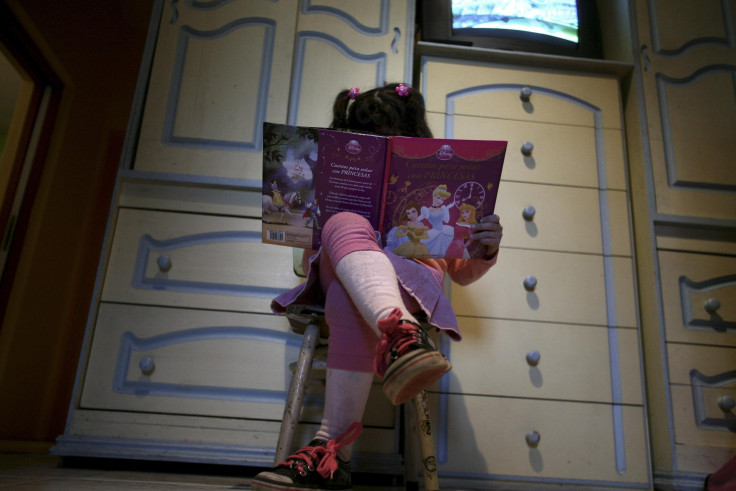
The government of Argentina has taken a bold step in the country's first case of gender change on a document for a minor by granting a female identification card and amended birth certificate to a 6-year-old boy who identifies as, and has been dressing as, a girl since the age of four. The biological boy, who was born Manuel but is now called "Lulu," received his new birth certificate and ID card which states his gender as a female, reports the Associated Press. Lulu's request was approved by Daniel Scioli, the governor of the province of Buenos Aires. Alberto Perez, the chief of staff to the governor, stated at the time according to the Telegraph, "The government of the province of Buenos Aires has decided to provide a solution to this particular case raised by the family."
Last year the South American country passed a groundbreaking gender-identity law allowing individuals to change their names and genders on official documents without doctor and judge approval. The "Gender Identity Law" gives people the right "to the recognition of their gender identity" and they are legally allowed "the free development of their person according to their gender identity" and "to be treated according to their gender identity and, particularly, to be identified in that way in the documents proving their identity in terms of the first name/s, image and sex recorded there." The case of Lulu marks the first time the law has been implemented on a minor. The mother, Gabriela, of the child has revealed that her child is now named Luana and she thanked the people who "trusted the identity of [her] daughter" and "respected her rights." Her mother adds that Lulu identified as a female, and chose her gender, the moment she learned to speak. "By accepting that my son was not the son I gave birth to, but a girl, I accepted her identity and put myself at her side," said Gabriela.
What exactly is transgender? The term refers to individuals who identify with a gender that is different from what they are born as. It also encompasses and includes those who identify as transsexual, trans, genderqueer, those who undergo gender reassignment surgery to change their gender and those who do not undergo any physical change but identify as a different gender. The accepted way to refer to an individual who identifies as a transgender, in terms of "him" and "her," is by acknowledging their gender of choice. For instance, a woman who identifies as a man should be referred to as a "him" and 6-year-old Lulu should be referred to as a "her." Many people confuse sexuality and gender-identity but the reality, simply put, is that the two are mutually exclusive. In terms of sexuality, heterosexual or homosexual is determined based on attraction after taking into account the accepted gender. For example: A biological man who identifies as a woman (ergo is a transgender woman and is referred to as a 'her') but is sexually attracted to women would sexually identify as a homosexual.
The statistics of transgendered individuals in the Latino community is a shocking one. According to a report by the Center for American Progress, 18 percent of transgender Latinos were unemployed in 2012. What's more, even though 5 to 7 percent of youth belong to the LGBT community, 40 percent are homeless and 26 percent of those are Hispanic. And of the homeless transgenders, 22 percent are Latino. That's not all! The poverty rate of transgender Latinos is 28 percent which is double that of the transgender population, overall, and five times the number of the Latino population. "This recent horrible attack against a transgender Latina woman in L.A. proves how vulnerable is the transgender community due to persistent prejudices," said Monica Trasendes to Latin Times exclusively, in an exclusive report. "We hope she has a fast recovery and that the people responsible for this are caught. The police reports have identified the victim as Víctor Diego, and GLAAD is working with the media to make sure she is correctly identified as a transgender woman. If we find the preferred name by the victim, GLAAD will inform journalists the best way to refer to her."
© 2025 Latin Times. All rights reserved. Do not reproduce without permission.





